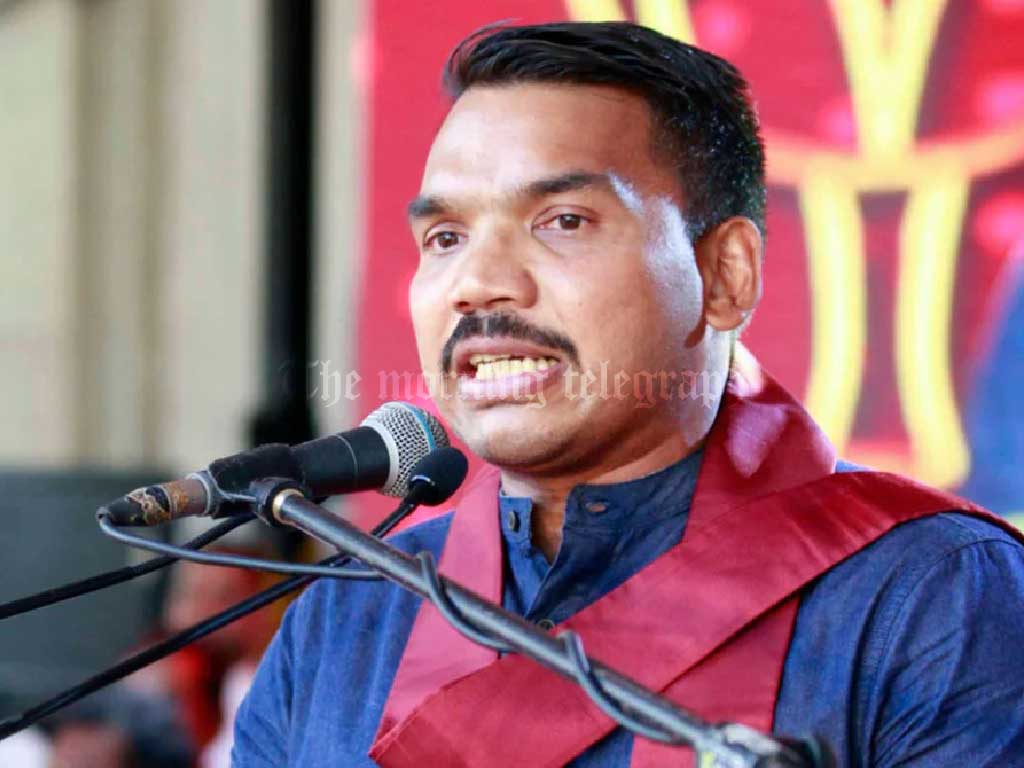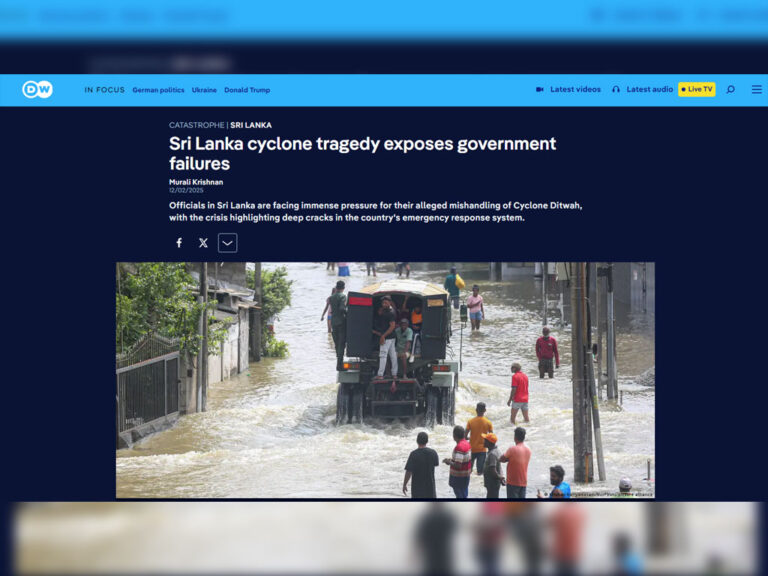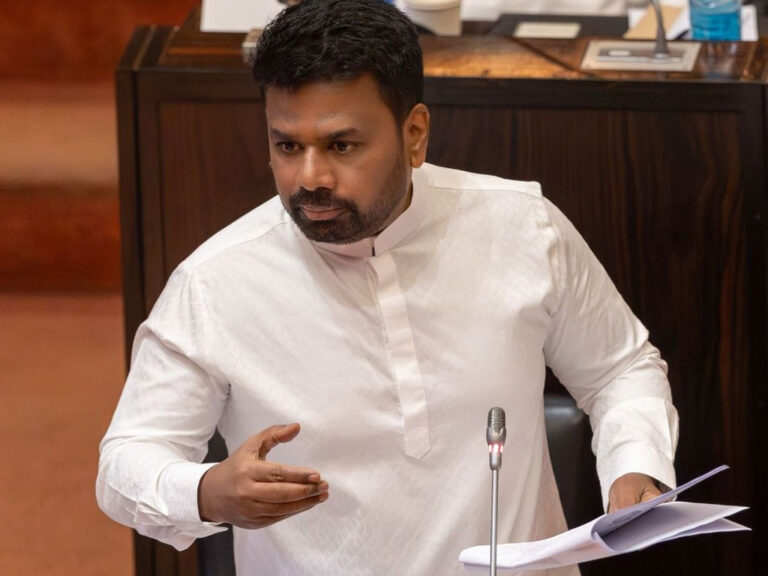
MP Namal Rajapaksa, National Organizer of the Sri Lanka Podujana Peramuna (SLPP), has announced plans to introduce a private member’s motion in Parliament aimed at enacting stronger laws to combat defamatory and false allegations within the political arena. The proposed legislation seeks to create a framework for legal action against those who spread baseless accusations, causing irreparable harm to individuals’ reputations.
Citing his own experiences, Rajapaksa pointed to the widely circulated claims that he owned 18 Lamborghinis and had transferred money to Uganda—allegations that were eventually proven false. However, he emphasized that even after the retraction of such claims, the reputational damage endured by the accused remains irreversible. “The harm caused by these fabrications cannot be undone, even if the truth comes to light later,” he remarked, underscoring the need for stricter accountability in political discourse.
Rajapaksa also highlighted the broader implications of such false allegations, noting their potential to undermine public trust in politics and disrupt personal and professional lives. He called on the government to take immediate steps to bolster existing defamation laws to prevent the misuse of false narratives as political weapons.
The MP expressed a deep personal commitment to clearing the name of his father, former Prime Minister Mahinda Rajapaksa, who he believes has been unjustly vilified through unfounded accusations. “My priority is to restore my father’s reputation, which has been unfairly tarnished, before addressing the false allegations made against me,” he stated.
This initiative reflects a growing concern over the unchecked dissemination of false information in Sri Lanka’s political landscape. The proposed bill, Rajapaksa added, would serve as a deterrent against such behavior and provide legal recourse for those who are wrongfully targeted.
The motion is expected to spark debate in Parliament, as it seeks to balance the right to free speech with the need to protect individuals from slander and misinformation. If passed, the legislation could significantly influence the way political dialogue is conducted in the country, ensuring greater accountability and integrity.




